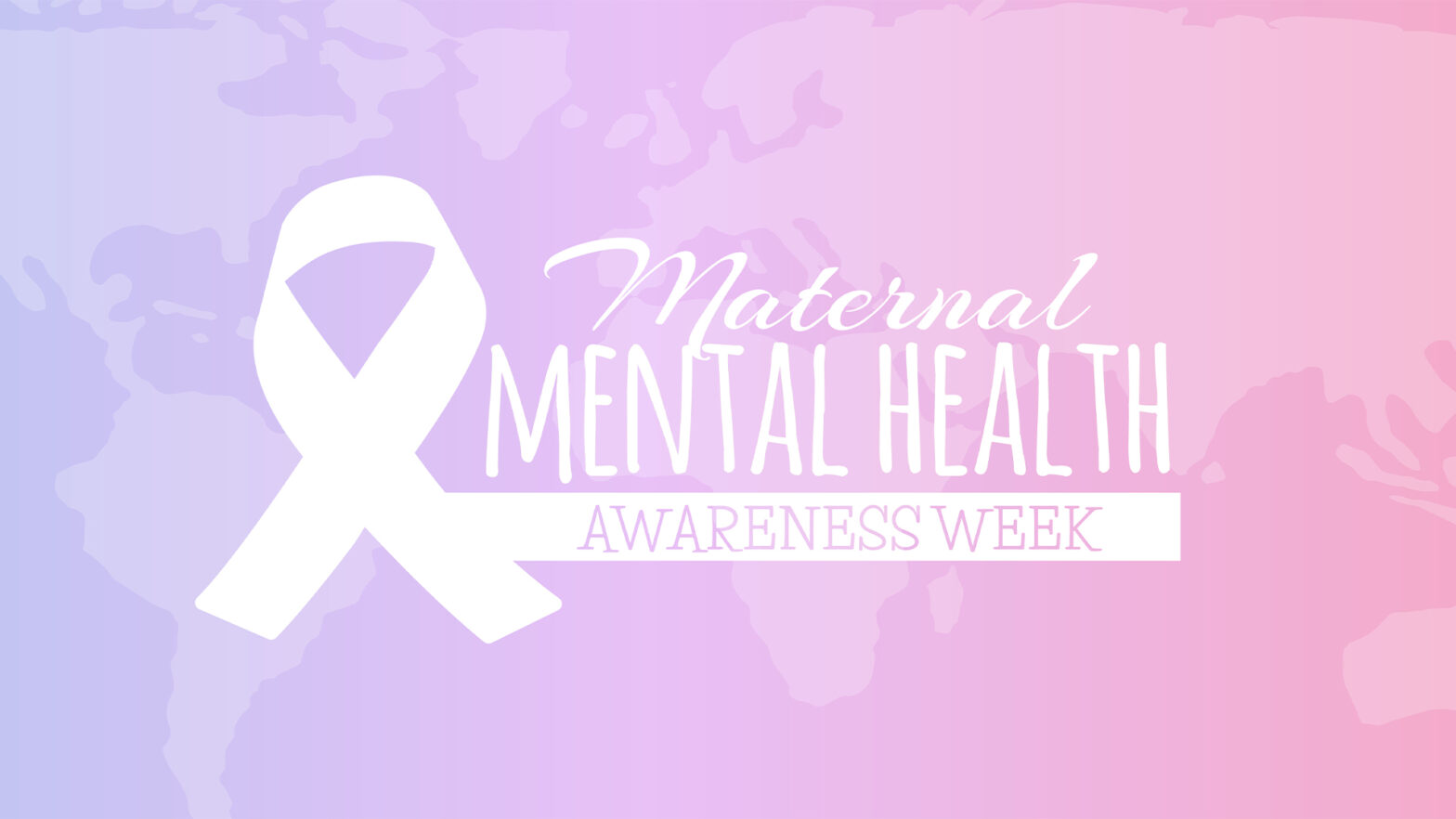
If you’re trying to lose weight, you have probably found a lot of conflicting advice online. Some tips promise quick and easy results, but they’re not realistic or healthy long term. The truth is, losing weight is hard and if you’ve tried, you’ll know that there are no quick fixes. Misinformation about weight loss can prevent you from achieving your goals, so it’s important to learn what advice not to listen to. We spoke to fitness expert, Joanna Dase from Curves who shares the 7 worst weight loss tips and what you should do instead for results.
‘You should always opt for foods labelled ‘low fat’ or ‘reduced fat’’
Labels such as “low fat” and “reduced fat” are not necessarily a guarantee that the food is healthy. Many contain additives such as high levels of sugar, salt, or chemical fillers. As well as this, low fat foods can create vitamin and mineral deficiencies as Vitamins A, D, E, and K are fat-soluble, meaning your body can absorb only when they come with fat. To ensure you’re making a healthy choice, check the label and compare the nutrition values in similar products. Also, focus on consuming healthy fats found in foods such as avocados, salmon, anchovies, and nuts instead.
‘Strength training is for muscle. Cardio is for weight loss.’
While cardiovascular activity burns more calories per minute, strength training boosts your metabolism and the number of calories you burn both during and after a workout. To stay healthy, it’s important to take a balanced approach and incorporate both types of exercise into your routine. Only doing cardio can interfere with your ability to gain muscle mass yet give you a high percentage of body fat, despite having a normal BMI (body mass index). This is known as ‘skinny fat’, which can be an unhealthy state signalling to poor metabolic health and an increased risk of developing type 2 diabetes, heart disease, and high cholesterol.
‘Avoid carbs for weight loss’
Carbohydrates on their own will not lead to weight gain, as long as you eat them in the right quantities and as part of a balanced diet. Whilst carbs, like bread and pasta, are low in micronutrients, it can be an easy way to hold healthy fats, such as avocado or olive oil, and proteins like eggs, lean turkey, and grilled chicken. Wholemeal bread and wholewheat pasta are also fantastic high fibre options, which can prevent constipation, lower cholesterol, and lower diabetes risk. They’re packed with nutrients that can aid a healthy body, such as complex carbs, protein, fibre, iron, magnesium, and zinc.
‘Just eat less and move more’
Many people believe that weight loss is simple if you follow the advice ‘just eat less and move more’. However, weight loss can be complex, and often there are many emotional and psychological blocks that can prevent a person from losing weight. This advice is too vague (and a little patronising!). To achieve your goals, you need a specific plan that outlines your caloric intake, exercise schedule, and tips to stay motivated when you encounter setbacks.
“Chew your food over and over again”
Fletcherisation, or mastication, is the act of chewing food until it is reduced to a liquefied mass. This practice was advocated by Horace Fletcher in the late 19th century, who even referred to his followers as the ‘chew chew cult’. Just one shallot needed to be chewed 700 times. This Victorian fad diet still circles back around today, promising fast weight loss by over-chewing your food. However, there has never been any scientific evidence to back Fletcher’s claims. Whilst eating slower can make you aware of when you’re full, digestion mainly happens in the gut (not in the mouth) so there is no need to chew your food to a liquid state. Depending on a person’s relationship with food, it can make them obsess over every single bite and make eating unenjoyable too.
‘Skip breakfast for intermittent fasting’
There is a reason why breakfast is considered the most important meal of the day. Skipping breakfast by intermittent fasting won’t help you lose weight- it will just deprive your body of essential nutrients it needs in the morning and make you overeat at lunchtime. Breakfast helps your body replenish its supply of glucose, which boosts energy and alertness throughout the day. By skipping breakfast, you may experience mood swings, fatigue, and compromised energy. As well as this, it’s likely you will snack more and reach for ‘quick fixes’ to hunger, which can actually cause weight gain. Opt for a balanced, healthy breakfast that will feel you fuller for longer, such as an omelette, chia seed pudding, oatmeal with berries, or avocado on whole wheat toast.
‘Wear a waist trainer’
Waist trainers are meant to give the illusion of a slimmer waist by squeezing your midsection, but they do not provide permanent changes or weight loss. Similar to a corset, they can shape your figure into an hourglass shape whilst you wear it. However, long term use of a waist trainer can actually weaken your core, cause difficulty breathing, lead to digestive issues, rashes, infection and in worst cases, organ damage. Waist training will not reduce belly fat and is not a sustainable path to weight loss.
This piece was brought to you by the experts at https://www.curves.eu/en/
















